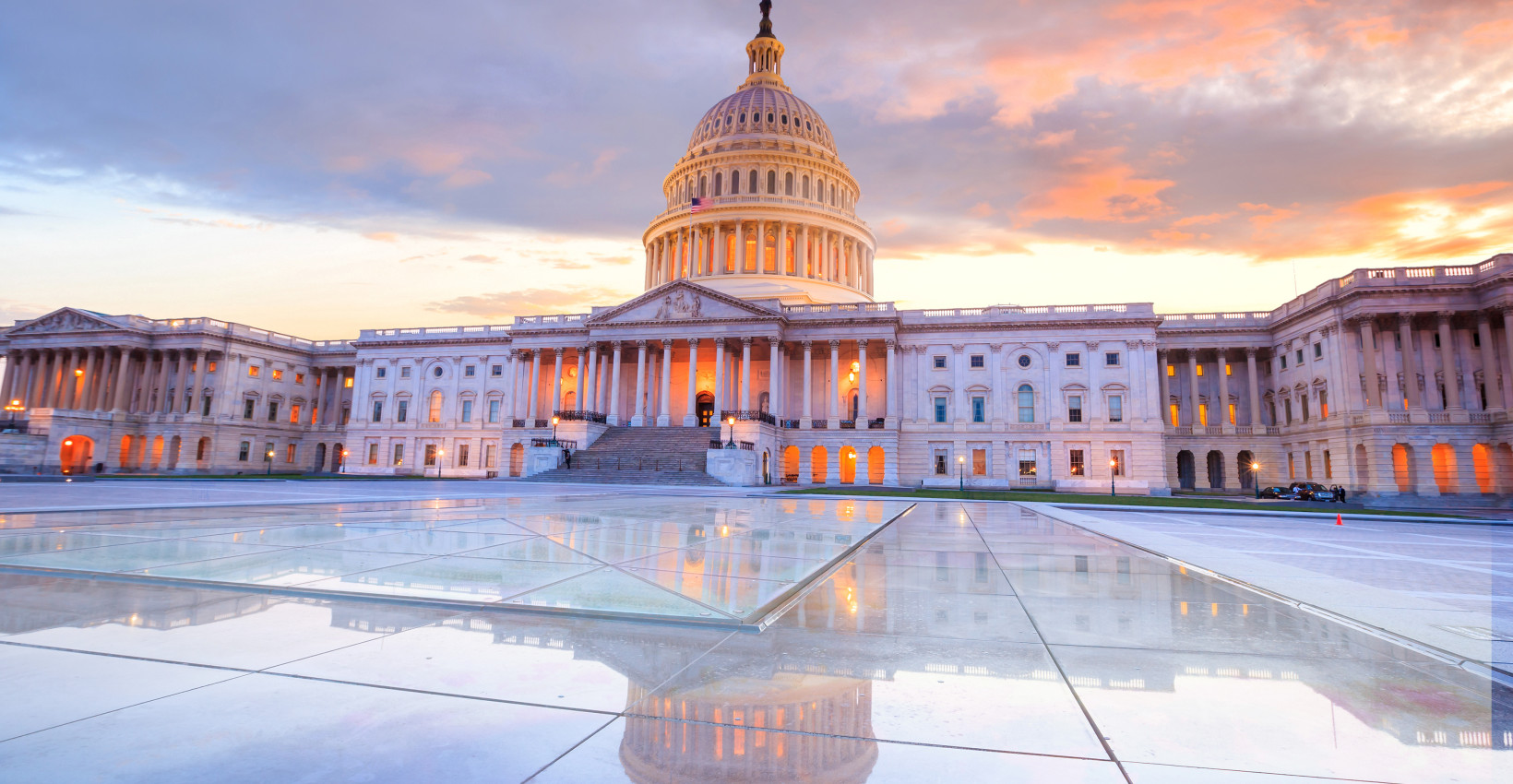IRS Issues Two-Year Roth Catch-Up Contribution Relief

On Friday, August 25, 2023, the IRS issued Notice 2023-62, providing relief in connection with the SECURE 2.0 requirement that age 50 catch-up contributions for higher-paid participants must be made on a Roth basis. Employers will not have to comply with the mandatory Roth catch-up provisions until 2026.
Background
A participant who is age 50 or older can make additional elective deferrals, called “catch-up contributions,” to a 401(k), 403(b), or governmental 457(b) plan. Typically, plans allow catch-up contributions to be made on a pre-tax or Roth basis.
SECURE 2.0, passed into law in December 2022, made changes to the catch-up contribution provisions, effective January 1, 2024:
- First, a participant with more than $145,000 in FICA wages (to be indexed in the future) in the preceding year must make catch-up contributions on a Roth basis.
- Second, Congress made a drafting error, inadvertently prohibiting anyone from making catch-up contributions beginning in 2024.
In July 2023, more than 200 employers and pension industry stakeholders wrote a letter to Congressional leadership, voicing concerns about the ability to comply with the new Roth catch-up contribution rules on short notice, and asked for a two-year delay in implementation. Their concerns included the need for payroll and retirement plan recordkeeping systems to be programmed to accommodate the new rules. Other issues have also been raised, such as how the mandatory Roth contributions will be reported, and how the new provisions will affect specific plan designs.
IRS Notice 2023-62
There had been questions about whether the IRS had authority to delay implementation of the new rules or whether Congressional action was needed. IRS Notice 2023-62 does not expressly delay the January 1, 2024 effective date. Instead, the IRS announced a two-year “administrative transition period” that provides relief from having to comply with the new rules until 2026.
The announcement of the administrative transition period, therefore, addresses the pension industry’s immediate concerns. First, all catch-up eligible participants will be able to make catch-up contributions in 2024. Second, higher-paid participants will continue to be able to make catch-up contributions on a pre-tax or Roth basis until 2026.
Finally, the IRS signaled its intent to issue future guidance, and asked for public comments on the Notice, as well as any other issues relating to the mandatory Roth catch-up contribution provisions.
* * * *
If you have any questions about the IRS Notice, please contact your Union Bank & Trust Relationship Manager.
Learning Center articles, guides, blogs, podcasts, and videos are for informational purposes only and are not an advertisement for a product or service. The accuracy and completeness is not guaranteed and does not constitute legal or tax advice. Please consult with your own tax, legal, and financial advisors.
|




